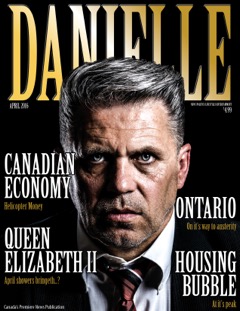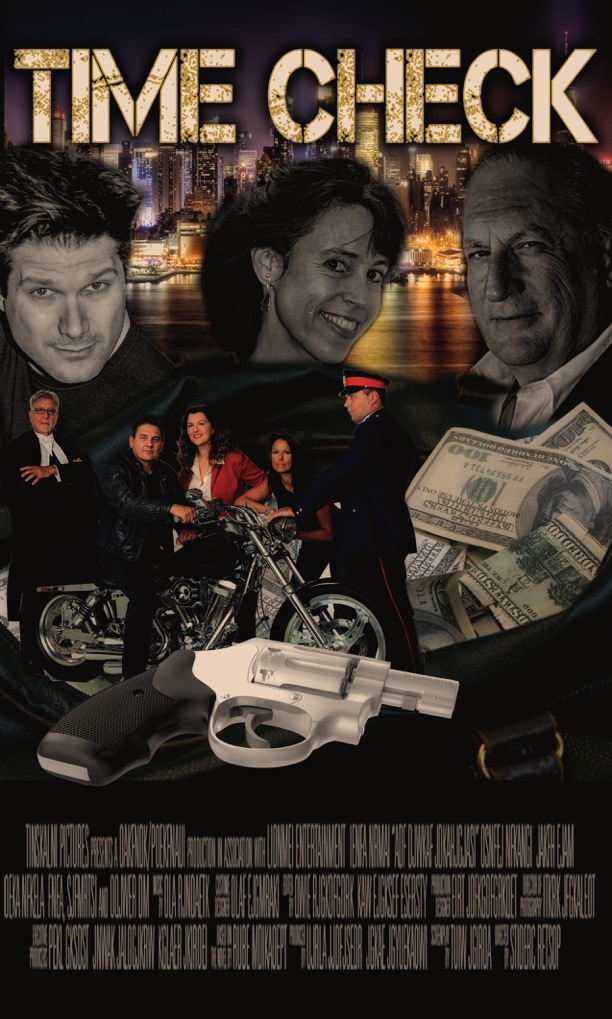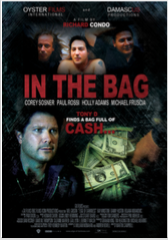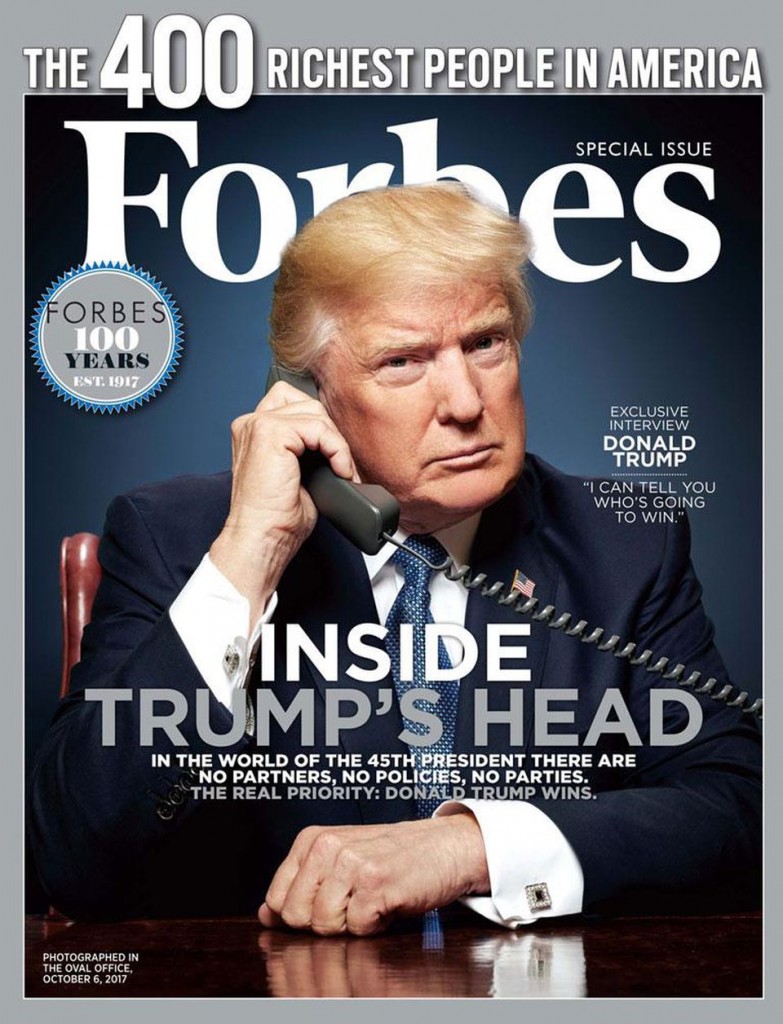
On Thursday, the Supreme Court of Canada issued its decision inR v. Comeau — a closely watched case that inspired the #freethebeer movement. Beer enthusiasts, free traders, andleading papers expressed near-universal disappointment. But, beer aside, most Canadians are better off for the court’s restraint.
First, the court unanimously declined to upend Canada’s constitutional tradition. Most Canadians can agree that, at 150 years old, the economic union should be stronger and that foreign firms should not have greater access to the Canadian market than local companies.
But cutting red tape within Canada calls for political leadership, not judicial fiat. If Canadians want to be free of outdated provincial alcohol monopolies and arcane constraints on trade (from milk-packaging standards to maple-syrup grades), they should look to their elected officials, not courts. Given the public attention it has generated, Comeau may be the nudge that Canada’s politicians need to finally move those talks along.
Second, Comeau preserves the provinces’ ability to “enact proactive policies for the good of their citizens”— and to raise revenue from those policies. Much more was at stake than just cheap beer, including “[a]gricultural supply-management schemes, public health-driven prohibitions, and environmental controls,” and the court gave provinces a stronger legal basis to protect those interests.
Canada’s constitution carefully distributes exclusive powers between the federal and provincial governments. Section 92 empowers the provinces to legislate for the benefit of their constituents. Section 121 limits those powers with respect to interprovincial trade.
Gerard Comeau, fined $292.50 for bringing excess liquor from Quebec into New Brunswick, argued that provincial limits were unconstitutional. But section 121, the court ruled, does not impose “absolute free trade across Canada.” The ruling clarifies what provinces can and cannot do: they cannot discriminate or retaliate against other provinces out of protectionism or spite. But they can take measures to protect their citizens’ health, safety, and environment.
The dispositive question is whether the provincial regulation’s “primary purpose” is to restrict trade, or whether it does so “incidentally.” This will no doubt give rise to legal wrangles, as it can be hard to tell a legitimate policy from a trade barrier dressed up in public-interest garb.
What does Comeau mean in practice? The Trans Mountain pipeline controversy is top of mind. If New Brunswick can control the quantity of liquor that flows across its borders, B.C. is now on stronger legal ground to limit the flow of Albertan oil to protect its coast. Comeau does not settle the issue, and Ottawa may yet claim the power to regulate interprovincial trade and transportation. That’s a fight for another day.
There are other far-reaching implications. Under Comeau, Quebec, say, could not exclude Ontario milk to protect its dairy farmers, just as Alberta could not ban B.C. wine (or restrict energy exports) simply to punish its neigneighbour. However, Ontario could limit trade in goods that pollute Ontarians’ health, air, or waterways (such as single-use plastics), to the extent it is not pre-empted by federal law. Similarly, provinces are free to control tobacco, alcohol, and, soon, cannabis sales to protect local welfare.
Ultimately, this is a sensible formula for Canada, a regionally diverse federal state with strong local democracy. As U.S. Supreme Court Justice Louis Brandeis famously wrote in 1932, subnational units act as “laboratories” of democracy: “It is one of the happy incidents of the federal system that a single courageous State may, if its citizens choose, serve as a laboratory; and try novel social and economic experiments without risk to the rest of the country.” Successful local experiments can be copied and scaled up.
The same is true here: at any given point, one Canadian province or another will be leading the way on health, safety, energy-efficiency, or carbon standards. Thanks to Comeau, the innovators have a shield to protect their public-interest regulations from section 121 challenges. Otherwise, provinces with better standards would risk being dragged down to the lowest common denominator by those with lax or inexistent regulations.
Any eventual Canadian free-trade deal should embody Comeau’s logic to avoid a race to the bottom. Meanwhile, provinces are free to move forward with proactive policies to protect their citizens. That is a good thing for politically fraught times.
Dr. Maria L. Banda is the Graham Fellow at the University of Toronto Faculty of Law. She is on Twitter, @maria_l_banda.


















